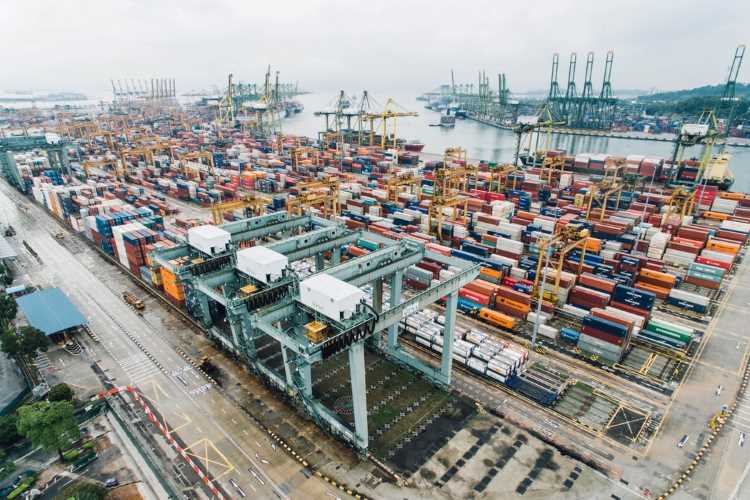
By Arvind Virmani
The Covid-19 pandemic represents a unique supply-cum-demand shock. Conventional aggregate supply demand analysis underlying traditional monetary and fiscal policy is insufficient during a pandemic and highly misleading during lockdowns. During the transition from lockdown to normalcy or the new normal, different containment policies have interacted with the natural spread of the coronavirus to produce variations of the demand-supply shock.
In the transition from lockdown to normalcy, there will be logistics problems, supply chain disruptions and market fragmentation (goods, factors). Logistic issues are visible even in essential goods and services during the lockdown leading to an unprecedented gap between CPI food inflation (10%) and WPI food inflation(-2%) in May-June period.
READ I Post-Covid economy: RBI must support government spending to kick-start GDP growth
Supply chain disruptions are predicted to be worse in manufacturing because of the more complex supply chains on both goods and factor sides. Resulting market fragmentation was predicted to be much higher in India, compared with that in the US or the EU. Thus, pockets of both excess supply and excess demand will appear on both goods and factor sides during the transition to normalcy. This must be managed at a much more disaggregated level than for normal fiscal policy.
The monetary (credit & liquidity) policy has to focus on financial system stability, minimisation of additional financial fragmentation and financial risk in every segment of the financial system. It has to ensure that the government bond anchor (10-year) is stable at a level required for the economy functioning up to 35% below its confirmed capacity (December 2019 – January 2020 = 100). Given the high degree of uncertainty, easy monetary policy must continue. To attain a negative real repo rate by year end when CPI inflation is projected to be 3%, a reduction of 25-50 basis points in nominal repo is desirable.
(Dr Arvind Virmani is a New Delhi-based economist. He is chairman of EGROW Foundation, a Noida-based think tank. This article is a reproduction of his views expressed at the shadow Monetary Policy Committee meeting organised by EGROW Foundation. Views are personal.)
